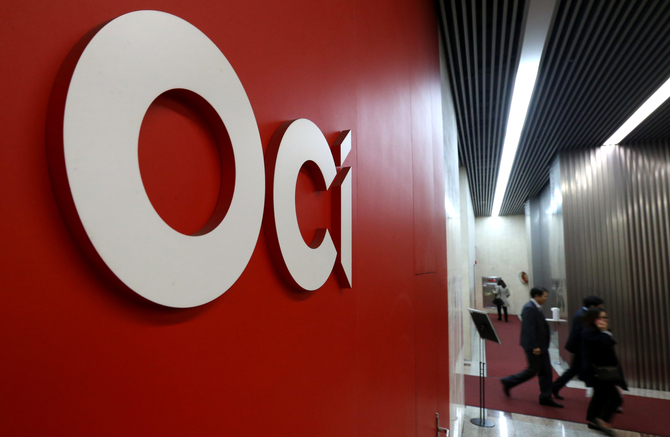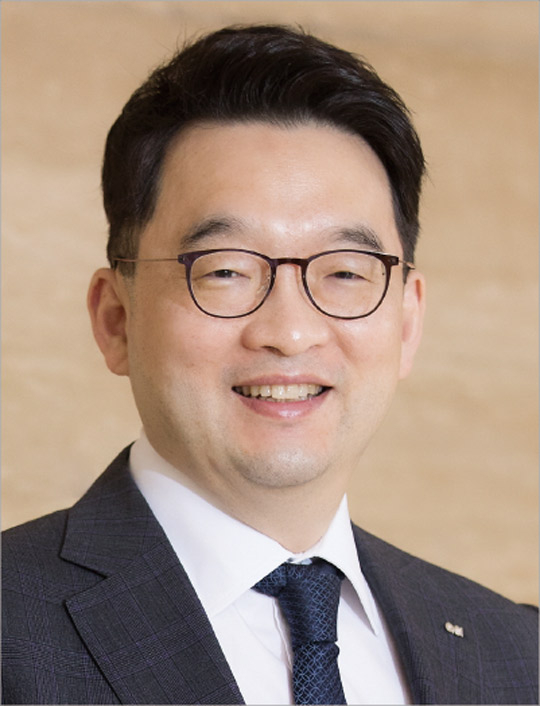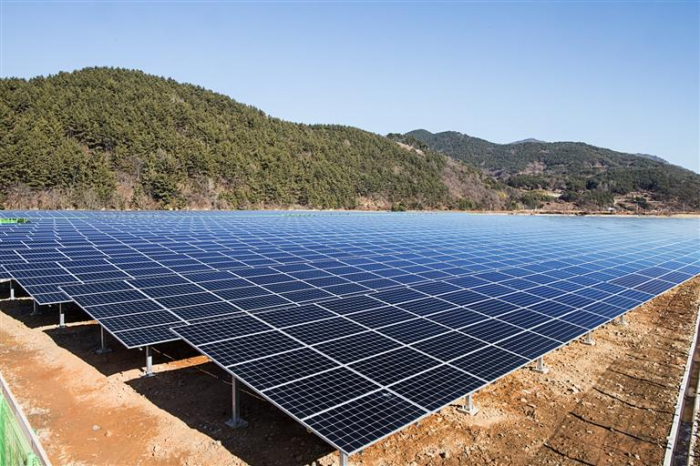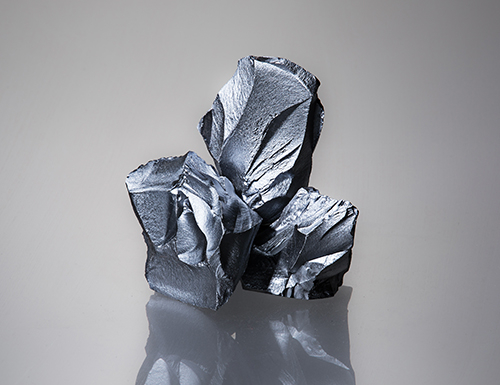Energy
OCI to expand polysilicon line, buy back shares to boost corporate value
While diversifying its business into biotech, OCI also expects its solar cell module capacity to significantly increase
By Mar 19, 2023 (Gmt+09:00)
5
Min read
Most Read
LG Chem to sell water filter business to Glenwood PE for $692 million


KT&G eyes overseas M&A after rejecting activist fund's offer


Mirae Asset to be named Korea Post’s core real estate fund operator


StockX in merger talks with Naver’s online reseller Kream


Meritz backs half of ex-manager’s $210 mn hedge fund



OCI Co., a leading South Korean chemical and green energy company, plans to significantly increase the size of its upcoming share buyback and cancellation to enhance its enterprise and shareholder value.
In a recent interview with The Korea Economic Daily, Vice Chairman Lee Woo-hyun also said the company will expand its solar cell and polysilicon manufacturing facilities to meet growing demand for green energy sources.
The move comes as OCI plans to spin off its chemical units and transform itself into a holding company, tentatively named OCI Holdings Co. Announced in November, the restructuring plan is set for approval at its annual shareholders’ meeting on March 22.
“With its price-to-earnings ratio of around 3, OCI’s share price is deeply undervalued. The PE multiple is just a tenth of the market average,” Lee said. “Turning OCI into a holding company structure is a prerequisite for us to continue to grow.”
In an apparent bid to allay investor concerns over a possible share price decline following the restructuring, he said the company is seriously considering a “massive” share buyback and cancellation.
Lee denied market chatter that OCI is seeking a holding company structure to consolidate his grip on the company.

“If that was the intention, there would be other much easier ways,” he said. “Under the new corporate structure, I will make OCI a company that expands more than 10% every year.”
Shares of OCI, listed on the main bourse, finished unchanged at 92,400 won on Friday.
HIRE TALENT FOR NEW COMPANIES
OCI recently hired Seo Jin-seok, former chief executive of EY Hanyoung, a Seoul-based accounting and consulting firm, to lead OCI Holdings.
As OCI Holdings’ first CEO, he will oversee the parent firm’s major investment plans and growth strategies for subsidiaries.
“We plan to recruit more young and talented executives from various sectors to make OCI younger and more vibrant,” the vice chairman said.
Asked if he will assume the chairmanship of the holding company, Lee said: “That’s something our board of directors and shareholders will decide. I’ll follow their decision. Regardless of my title, my main job is to meet business leaders around the world and do what I can in my capacity to help grow OCI.”
A leading solar cell manufacturer and the only Korean producer of polysilicon, a raw material used to make photovoltaic cells for semiconductor wafers and solar panels, OCI has actively pursued overseas expansion.
“While polysilicon accounts for only a fourth of OCI’s total sales revenue, its product price fluctuation significantly affects our share prices. The market's evaluation of our company is harsh given its actual strength. We are diversifying our business portfolio,” he said.

AFRICA, NEXT INVESTMENT DESTINATION
OCI said last October it would invest $40 million to expand solar cell module production facilities at its US subsidiary, Mission Solar Energy.
With the expansion, Mission Solar’s cell module production capacity will rise to 1 gigawatt from the current 210 megawatts.
OCI stands to benefit from the US government’s Inflation Reduction Act (IRA), which supports private firms’ investments in renewable energy projects in the country to respond to climate change.
The US has earmarked $369 billion in climate and energy provisions. OCI is expected to receive up to $560 million in subsidies from the US government over a decade from next year.
Helped by the tax incentives, US solar energy demand is forecast to grow from 15 GW a year in 2022 to 38 GW by 2025, analysts said.
“We’ll spend more on our US projects. Mission Solar’s capacity will eventually rise to more than 3 GW,” he said.
Outside of the US, OCI is looking to North Africa for investment. “If you combine the populations of Egypt, Algeria, Tunisia and Morocco, it will reach 300 million. But these countries suffer from a severe electricity shortage,” he said.
OCI also plans to ramp up polysilicon production facilities at its Korean plant in Gunsan and a factory in Malaysia. OCI’s entire annual capacity will eventually double to more than 8 million tons.
In the near term, it will expand Gunsan’s annual capacity by 2,500 tons in the third quarter. The company also plans to build a new polysilicon line with an annual capacity of 10,000 tons in Gunsan or Malaysia, he said.

FOUR KIDS’ CLUB
As part of its business diversification efforts, OCI acquired Bukwang Pharmaceutical Co. in February 2022.
“In a country like Korea where the birth rate is low and the population is rapidly aging, the life science sector is one that guarantees demand. In partnership with other companies, we will enter the new drug development segment,” he said.
The eldest son of the late OCI Chairman Lee Soo-young, Lee Woo-hyun studied chemical and biomolecular engineering at Sogang University. He received a master's degree in business administration from the Wharton School of the University of Pennsylvania.
He joined OCI, formerly Dongyang Steel Chemical, in 2005 after working at global companies such as BT Wolfensohn in New York and Credit Suisse First Boston in Hong Kong. He assumed OCI’s vice chairmanship in 2019.
He has four kids, including two in elementary school, making him a member of Korea's so-called “Four Kids’ Club.”
Other members of the club include Shinsegae Group Vice Chairman Chung Yong-jin, Shinwon Group Vice Chairman Park Jeong-bin and Eagon Industrial Co. CEO Park Seung-jun.
“When I come to work every Monday morning, I feel like, phew, now I can relax,” he said with a smile on his face.
Write to Seo-woo Jang and Jae-Fu Kim at suwu@hankyung.com
In-Soo Nam edited this article.
More to Read
-
 Chemical IndustryPolysilicon maker OCI to spin off its major chemical units
Chemical IndustryPolysilicon maker OCI to spin off its major chemical unitsNov 23, 2022 (Gmt+09:00)
1 Min read -
 EnergyOCI to invest $40 million to expand US solar module production facilities
EnergyOCI to invest $40 million to expand US solar module production facilitiesOct 24, 2022 (Gmt+09:00)
1 Min read -
 EnergyHanwha Solutions, OCI to benefit from US push for solar energy
EnergyHanwha Solutions, OCI to benefit from US push for solar energyAug 04, 2022 (Gmt+09:00)
3 Min read
Comment 0
LOG IN


